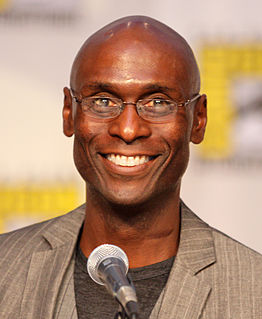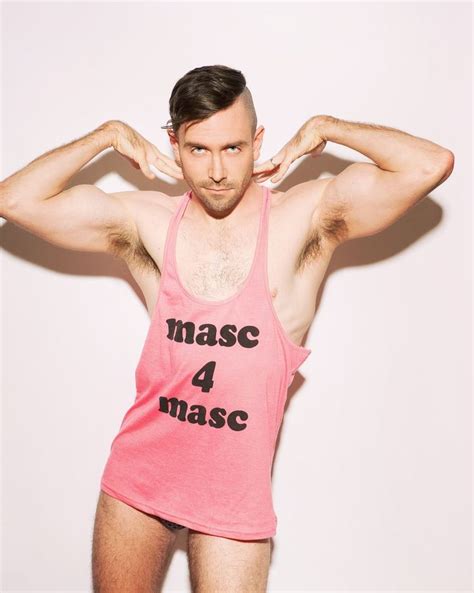A Quote by Pema Chodron
The Process of becoming unstuck requires tremendous bravery, because basically we are completely changing our way of perceiving reality.
Related Quotes
Dialogue is really aimed at going into the whole thought process and changing the way the thought process occurs collectively. We haven't really paid much attention to thought as a process. We have engaged in thoughts, put we have only paid attention to the content, not to the process. Why does thought require attention? Everything requires attention, really. If we ran machines without paying attention to them, they would break down. Our thought, too, is a process, and it requires attention, otherwise its going to go wrong.
Rationalization is a cover-up, a process of providing one's emotions with a false identity, of giving them spurious explanations and justifications - in order to hide one's motives, not just from others, but primarily from oneself. The price of rationalizing is the hampering, the distortion, and, ultimately, the destruction of one's cognitive faculty. Rationalization is a process not of perceiving reality, but of attempting to make reality fit one's emotions.
In our usual mind state, we are continually activating the process that in Buddhist terminology is known as 'bhava,' which literally means 'becoming.' In this space of becoming, we are subtly leaning forward into the future, trying to have security based on feeling that we can hold on, we can try to keep things from changing.
The way that people are watching TV is changing. The landscape of television is changing. Movies are becoming much more insular. They're like a walled garden, where you know what you're going to see and you expect it. But in the world of TV, because it's episodic, you can explore any area because you have time to do that. You can take risks on the kinds of storytelling that you're doing.
We all remain who we are. But on the way to healing or liberation we have to do what the Romans called agere contra: we have to act against the grain of our natural compulsions. This requires clear decisions. Because it does not happen by itself, it is in a way "unnatural" or "supernatural" . . . (we) simply have to cut loose now and then, and in the process . . . make mistakes.
My first goal would be to reduce the perturbation in the carbon cycle. That would mean using carbon neutral sources of energy, and changing our agricultural practices to be less disruptive and polluting. I'm not talking about a policy here so much as changing the way our infrastructure works. That's why I'm so fascinated with changing the way we build cities, because they are the most developed forms of physical infrastructure for human habitation.
Some people worry about our federal deficit, but I, I worry about our bravery deficit. Our economy, our society - we're just losing out because we're not raising our girls to be brave. The bravery deficit is why women are underrepresented in STEM, in C-suites, in boardrooms, in Congress, and pretty much everywhere you look.
In view of the importance of philanthropy in our society, it is surprising that so little attention has been given to it by economic or social theorists. In economic theory, especially, the subject is almost completely ignored. This is not, I think, because economists regard mankind as basically selfish or even because economic man is supposed to act only in his self-interest; it is rather because economics has essentially grown up around the phenomenon of exchange and its theoretical structure rests heavily on this process.





































